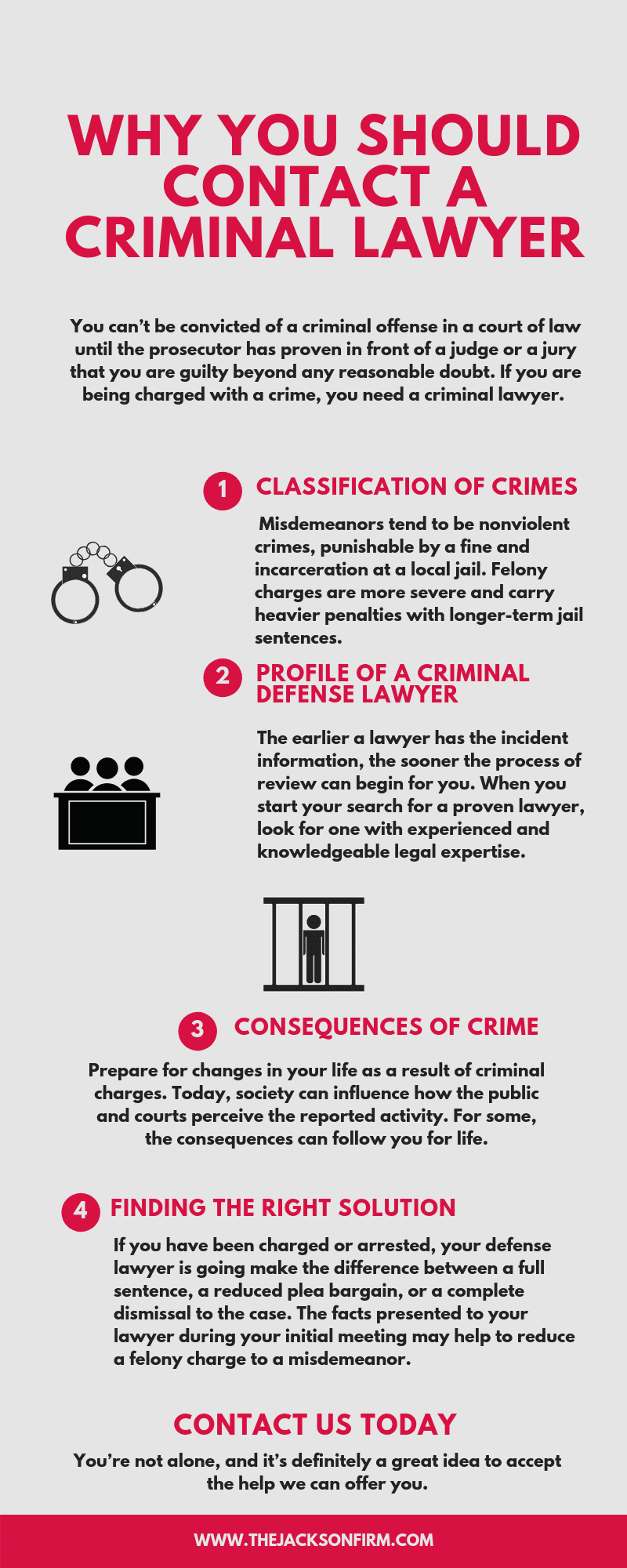The Function Of Evidence In Criminal Protection: Important Particulars You Have To Know
The Function Of Evidence In Criminal Protection: Important Particulars You Have To Know
Blog Article
Article By-Nygaard Arthur
When you consider criminal protection, evidence is usually the first thing that comes to mind, and forever factor. It's the foundation upon which your instance stands, forming the story and influencing the jury's perception. Different sorts of evidence, from physical to electronic, each play an one-of-a-kind role in establishing a defense. Yet not all evidence is dealt with equally; admissibility criteria can make or break your protection method. Recognizing these nuances is vital, especially when thinking about exactly how they can impact the end result of a trial. So, what should you know about these requirements?
Types of Evidence
When it concerns criminal defense, comprehending the kinds of evidence can make all the difference in your instance. Proof comes under a number of classifications, each playing a critical role in establishing the facts of your scenario.
One typical type is testimonial evidence, that includes declarations made by witnesses. Their accounts can provide understanding into what happened and can either support or test the prosecution's cases.
Physical evidence is one more essential kind, incorporating substantial products like tools, clothes, or fingerprints. This sort of proof can directly link you to a crime or help negate claims against you.
Then there's docudrama proof, which includes documents, photographs, or any written materials important to your instance. These files can offer a timeline or context that's essential for your protection.
Last but not least, you can not overlook electronic proof, that includes information from mobile phones, computer systems, or social networks. This kind of evidence can reveal crucial info concerning your activities or interactions.
Admissibility Criteria
In criminal defense, the admissibility of evidence is vital to your instance's outcome. You'll need to comprehend the criteria that determine whether evidence can be utilized in court. Generally, proof must be relevant, trusted, and gotten lawfully to be thought about admissible.
Relevance suggests the evidence should straight associate with the case and help verify or refute a reality at issue. If it doesn't attach to your defense or the charges versus you, it may be left out.
https://www.opb.org/article/2022/04/06/chief-justice-suggests-government-summit-on-oregon-public-defense-crisis/ ensures that the evidence is reliable and trustworthy; for instance, eyewitness testimony can be brought into question if the witness has a history of unreliable accounts.
In addition, proof should be gathered according to lawful procedures. Any type of evidence gotten with prohibited ways, such as an unlawful search or seizure, might be considered inadmissible under the exclusionary guideline.
Understanding these criteria can encourage you to work effectively with your attorney. They'll browse the complexities of these regulations to strengthen your protection, ensuring just the very best evidence is presented in your support.
Constantly bear in mind, the admissibility of proof can substantially affect the jury's understanding of your situation.
Influence On Defense Strategies
The admissibility of proof straight shapes your defense strategies. When proof is considered permissible, you can utilize it to develop a strong situation. Alternatively, if proof is ruled inadmissible, you need to pivot your method. Understanding what proof the prosecution can present helps you anticipate their disagreements and prepares you to counter them efficiently.
You'll want to focus on event proof that sustains your defense. This might consist of witness declarations, professional statement, or documents that difficulty the prosecution's cases. The goal is to create reasonable uncertainty psychological of the jurors. If specific pieces of proof are weak or controversial, you may consider an approach that emphasizes other solid aspects of your situation.
Moreover, the kind of proof-- whether it's forensic, testimonial, or electronic-- will dictate how you communicate your protection. You'll need to craft compelling narratives that reverberate with the court while utilizing permissible proof to back up your claims.
Eventually, your strategy should be adaptable, permitting you to adjust as new proof comes to light or as judgments are made. Each choice you make need to align with the goal of making certain the best feasible outcome for your situation.
Final thought
In criminal defense, proof plays an essential function fit your instance. By recognizing the various sorts of evidence and their admissibility criteria, you can enhance your defense method and produce affordable doubt in the minds of jurors. Collaborating very closely with your lawful counsel makes certain that your evidence exists efficiently and adapts to any kind of brand-new advancements during the test. Inevitably, the appropriate proof can make all the distinction in attaining a desirable outcome.
